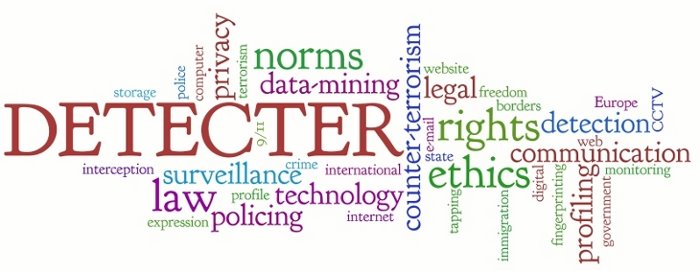• Eighty-eight percent of people of all ages said they have refused to give out information to a business because they thought it was too personal or unnecessary. Among young adults, 82 percent have refused, compared with 85 percent of those over 65.
• Most people — 86 percent — believe that anyone who posts a photo or video of them on the Internet should get their permission first, even if that photo was taken in public. Among young adults 18 to 24, 84 percent agreed — not far from the 90 percent among those 45 to 54.
• Forty percent of adults ages 18 to 24 believe executives should face jail time if their company uses someone's personal information illegally — the same as the response among those 35 to 44 years old.
The sample is big: about 1,000 people, though smaller than the 27,000 the Eurobarometer surveys use (which also record some interesting results on attitudes to privacy). It's interesting to see empirical research on an issue people are all too often happy to accept quite crude generalisations as obvious truths.
I'd also be interested to see work on whether there has been a change in people's attitudes over the last 5-10 years. I have a hunch many young people who didn't care about privacy when they first started using the Internet and social networking sites have become far more conscious of privacy issues as they have become more prominent topics of controversy online and in the wider media.


